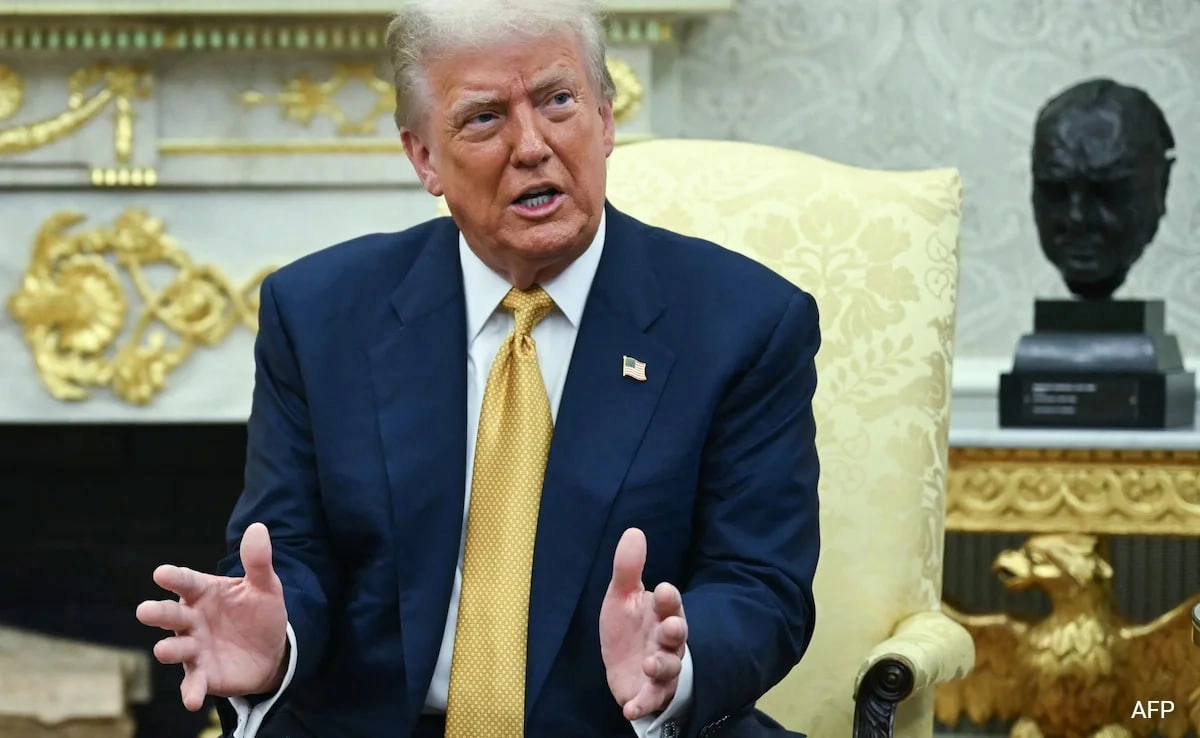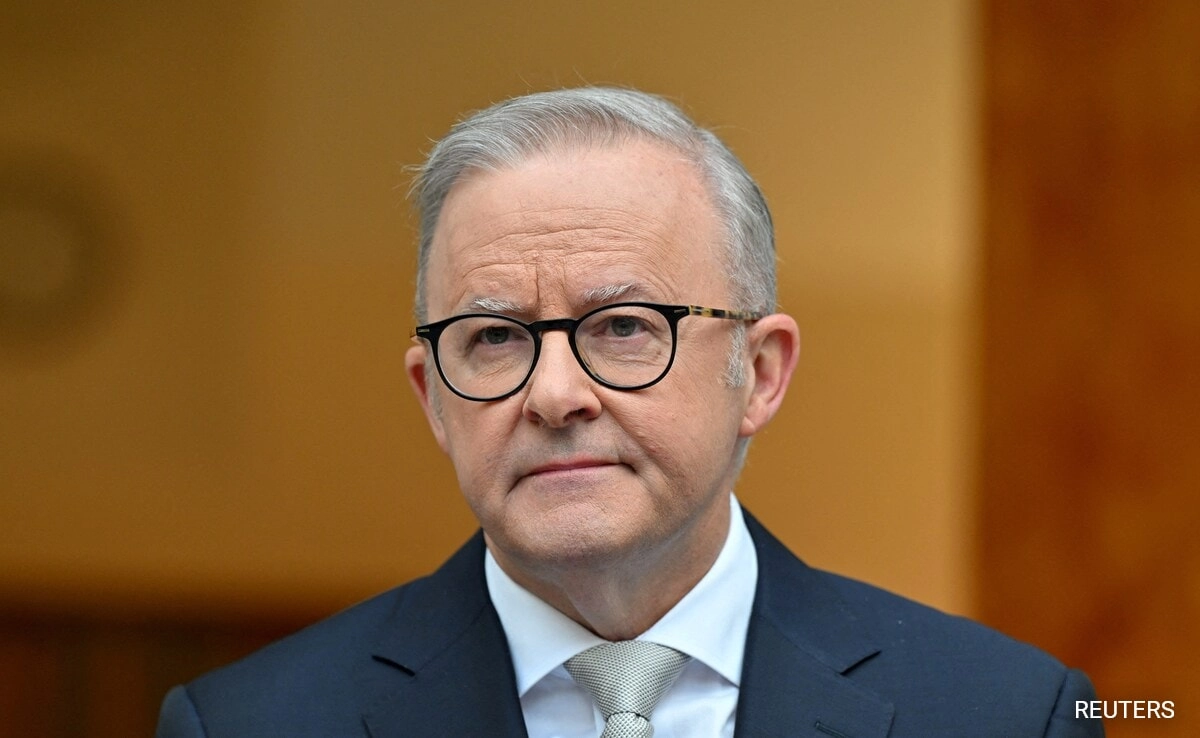The ongoing tensions between India and Pakistan have drawn international attention, with the United States once again asserting its role in facilitating de-escalation between the two nuclear-armed neighbors. The US has long been involved in diplomatic efforts aimed at reducing hostilities in the region, particularly given the historical context of conflict, territorial disputes, and military skirmishes that have characterized India-Pakistan relations. Recent statements from US officials highlight a commitment to fostering dialogue and encouraging both nations to engage in constructive conversations to address their differences.
However, India’s response to the US claims has been cautious. Indian officials have emphasized that while they welcome international support for peace and stability, the onus for resolving bilateral issues lies primarily with India and Pakistan. New Delhi has historically maintained a position of sovereignty regarding its foreign policy, especially concerning its relationship with Islamabad. This perspective underscores India’s belief that any meaningful progress must come from direct negotiations, free from external influence. India has reiterated its commitment to a peaceful resolution but remains skeptical of foreign intervention, particularly from nations that may not fully understand the complexities of the regional dynamics.
The historical backdrop of India-Pakistan relations is marked by several wars, military standoffs, and ongoing skirmishes, particularly over the disputed region of Kashmir. The US’s involvement in these matters often raises questions about its motives and the effectiveness of its mediation efforts. Critics argue that while American initiatives might be well-intentioned, they can sometimes overlook key cultural and political nuances that are essential to fostering long-term peace. Thus, India’s measured response to the US’s claims reflects a broader strategy of prioritizing national interests and engaging in dialogue that respects its sovereignty.
As both nations move forward, the role of external powers like the US may evolve, but the primary responsibility for de-escalation remains with India and Pakistan. For any progress to be made, both parties will need to demonstrate a willingness to engage in sincere dialogue and compromise. The international community, while supportive, must respect the intricacies of the bilateral relationship and avoid imposing solutions that may not be feasible or acceptable to either country. In this delicate landscape, the path to peace is undoubtedly challenging, but the hope for a stable and cooperative future remains a shared aspiration for many in the region.




